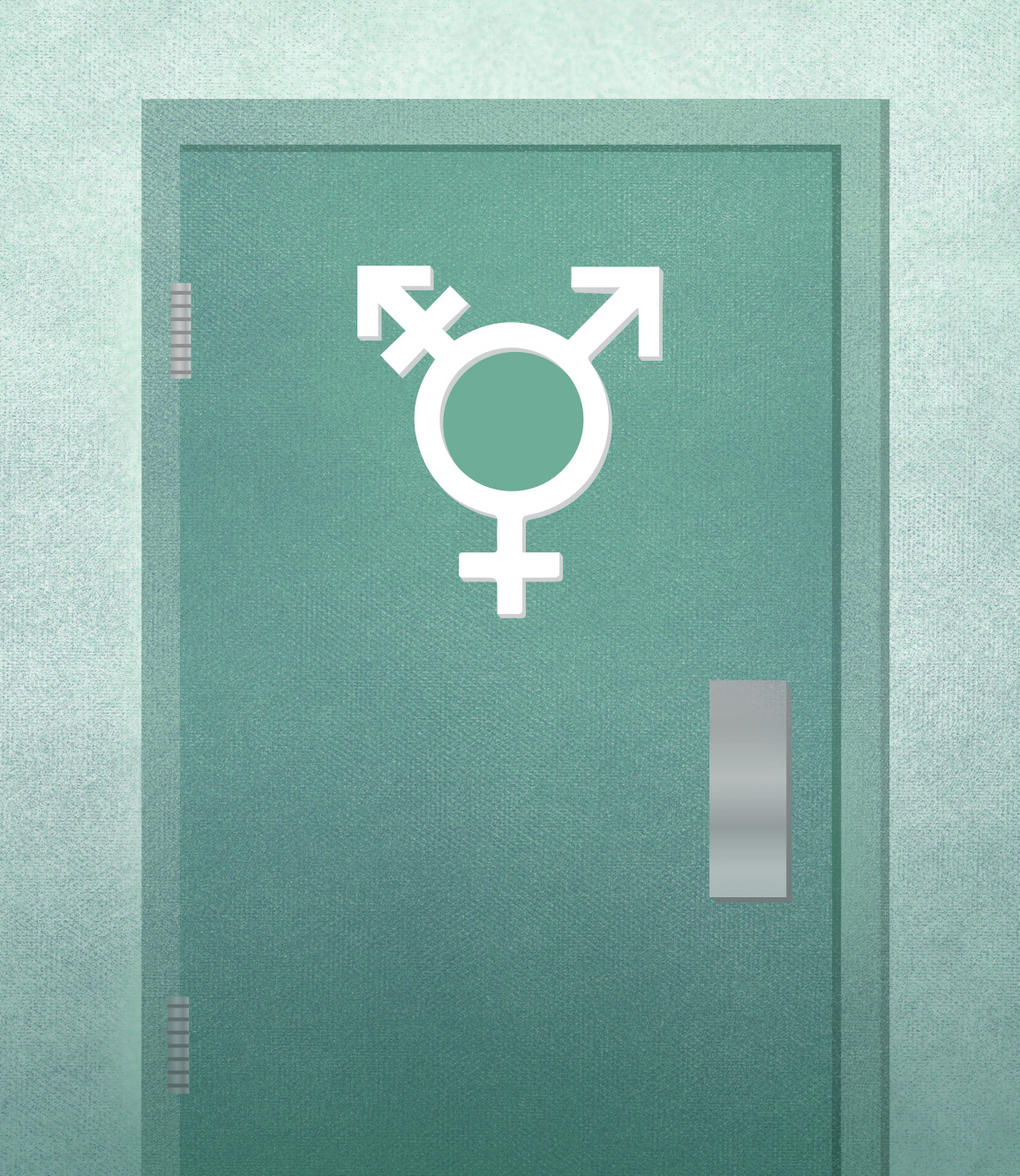
Student initiatives are vital to creating an inclusive campus
March 15 2018 —
Members of the University of Calgary community will see the construction of gender-neutral change rooms in the near future. The project, spearheaded by the Students’ Union Q Centre in a Quality Money application, is another meaningful step towards building a more inclusive campus.
This development demonstrates the influence students can have on creating an accessible campus. Through programs like Quality Money, student-led initiatives have made substantial changes to campus that benefit students. It can be easy to fall into the trap of thinking that students are voiceless and cannot impact the university in a meaningful way. But this isn’t true.
The first gender-neutral washroom on campus was approved during the 2014 fall semester. This initiative was also led by the SU Q Centre’s advocacy, resulting in the washroom near the conference rooms in MacHall. Since then, other gender-neutral washrooms have popped up on campus, including in Craigie Hall and the Education Tower.
Though it’s important to acknowledge and celebrate these milestones, it’s also necessary to be cognizant that these efforts by students are often the result of long and unnecessarily cumbersome negotiations with the university’s administration. For example, the SU Q Centre’s advocacy efforts took over a year before the first gender-neutral washroom was finally approved. During this period, former SU vice-president student life Jonah Adriel said push-back from the U of C administration caused the delays. They cited security, location and design concerns.
The need for inclusive change rooms was brought to the attention of U of C Active Living in January of 2016. This issue highlights that the lack of inclusive change rooms means non-binary students struggle to access the fitness facilities even though they pay fees and deserve to be there.
According to Metro Calgary, construction of a permanent location of the change rooms was supposed to begin summer of 2017, dependent on funding. There have been reports at Students’ Legislative Council about consultations from SU kinesiology representative and president-elect Sagar Grewal throughout the academic year.
“One of the big reasons it’s happening now is that we were able to bring in some money,” Q Centre co-coordinator Melanie Trudeau said, noting the financial strains facing the Faculty of Kinesiology in regards to renovating the aging complex. “The fact that we are able to bring some money to the table is a really nice contribution to the project and has helped accelerate it.
Without the contributions of student groups on campus, projects like these that meaningfully benefit students may never come to fruition. Though changes can be slow to materialize, continued student advocacy and activism can shape where campus improvements take place.
Admittedly, administration can’t create an inclusive campus at the drop of a hat. But the substantially greater amount of resources and capacity university admin possesses could be put towards proactively implementing initiatives that directly improve campus inclusivity and accessibility, rather than waiting for the efforts of students to bring attention to them. There is a movement on campuses across the country to become more accessible and inclusive, which should be applauded by all.
Hopefully, the U of C can continue to support positive infrastructure changes on campus, without requiring concerted student effort to incite these changes.
— Derek Baker, Gauntlet Editorial Board
